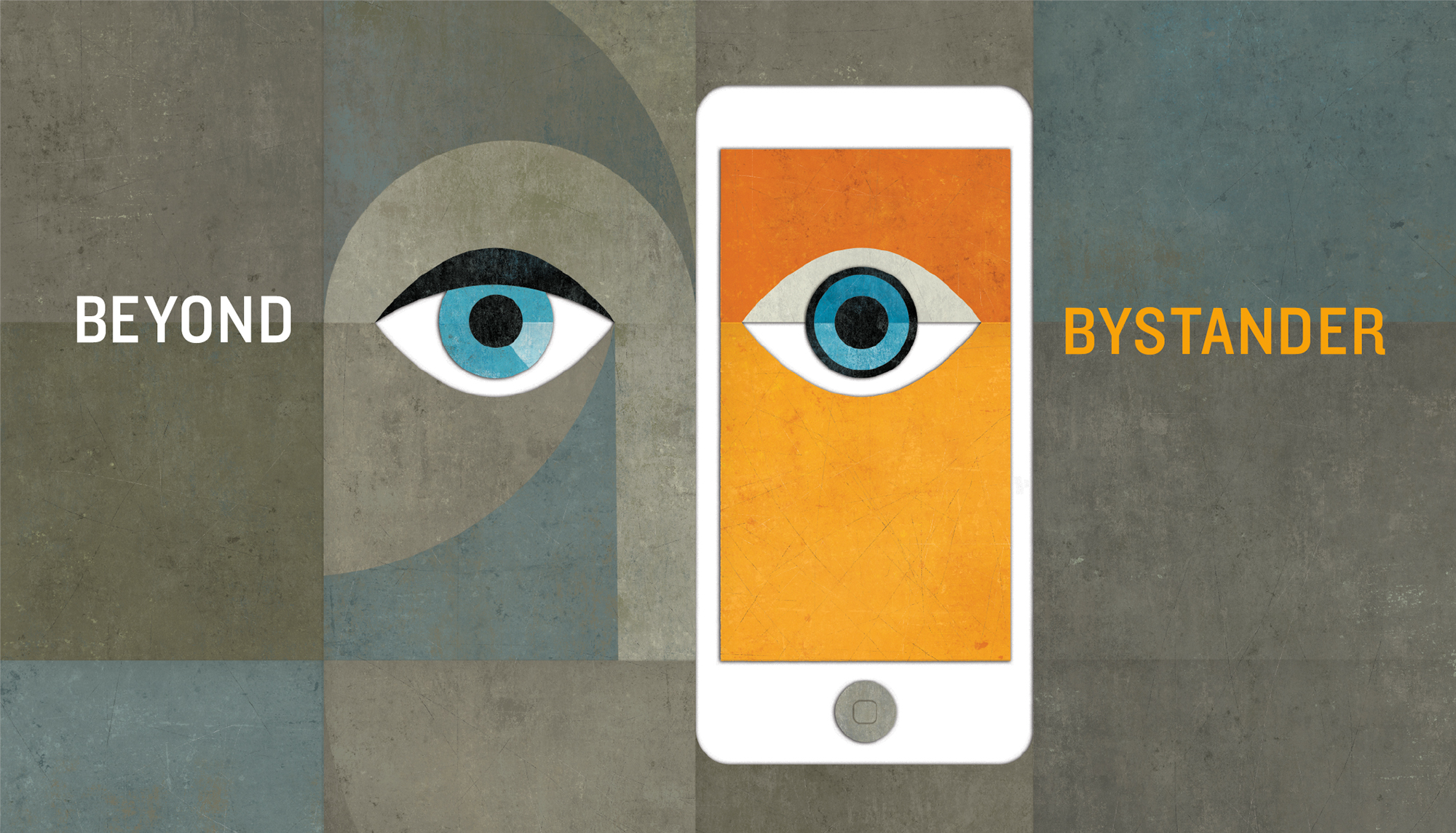
MARCH 27, 2015 | 8:00 AM - 5:00 PM | STAMFORD CAMPUS
This conference will draw on the expertise of scholars across a variety of disciplines, as well as the experience of officials, advocates, and journalists. During the conference, three panels of experts will examine and debate the current methods and technologies used in investigating, verifying, quantifying, analyzing, aggregating, mapping, and disseminating knowledge of human rights violations in conflict-ridden environments. The discussion will include:
8:30 AM – 10:00 AM
“From Citizens to Satellites: Monitoring Human Rights On the Ground”
This session will examine citizen reporting through new technologies. Increased access to mobile devices and widespread use of social and online media spaces have empowered “citizen journalists” to monitor conditions in their communities, and accelerated the collection and dissemination of information in conflict zones. Panelists will discuss the promise, challenge, and limitations of this form of human rights monitoring.
10:30 AM – 12:00 PM
“Reporting Conflict in the New Media Environment”
This session will analyze war correspondents’ use of new media. Professional journalists are faced with shrinking budgets and increasing vulnerability to violence from multiple sides in conflict zones. Reporters, from both traditional and non-traditional news outlets, are using a variety of new media to reach fragmented audiences. The panelists will consider the impact of recent changes in the technological, economic, and political environments on journalists and reporting in conflict zones.
1:00 PM – 2:15 PM
Keynote Address
Navanethem Pillay, Former United Nations High Commissioner for Human Rights
2:30 PM – 4:00 PM
“From Monitoring to Action”
This session will bring together critical decision makers from the human rights field to discuss how the work of monitoring translates into action – or inaction – on the part of governments, international organizations, and non-governmental organizations. While conflicts do not simply erupt without prelude, they are complex and unpredictable by nature. For monitoring to be effective, it must provide the kind of information that can form the basis for an appropriate response. The panelists will reflect on their experiences of moving beyond being bystanders in moments of crisis.
Speakers
- Kelly Matheson, Senior Attorney & Program Manager, WITNESS
- Anne Bennett, Executive Director, Hirondelle USA: Media for Peace and Human Dignity
- Kerry Bystrom, Associate Professor of English and Human Rights, Bard College Berlin
- Yakın Ertürk, Professor, Department of Sociology, Middle East Technical University, Ankara, Turkey
- Akshaya Kumar, Sudan and South Sudan Policy Analyst, Enough Project
- Molly Land, Professor of Law, University of Connecticut
- Emily Martinez, Director of the Human Rights Initiative, Open Society Foundation
- Richard Pendry, Center for Journalism, University of Kent
- Navanethem Pillay, Former United Nations High Commissioner for Human Rights
- Tom Porteous, Deputy Program Director, Human Rights Watch
- Abdel Rahman El-Mahdi, President, SUDIA (Sudan Development Initiative)
- John Stoehr, Managing Editor, Washington Spectator; Fellow at the Yale Journalism Initiative, Yale University
- Joel Simon, Executive Director, Committee to Protect Journalists